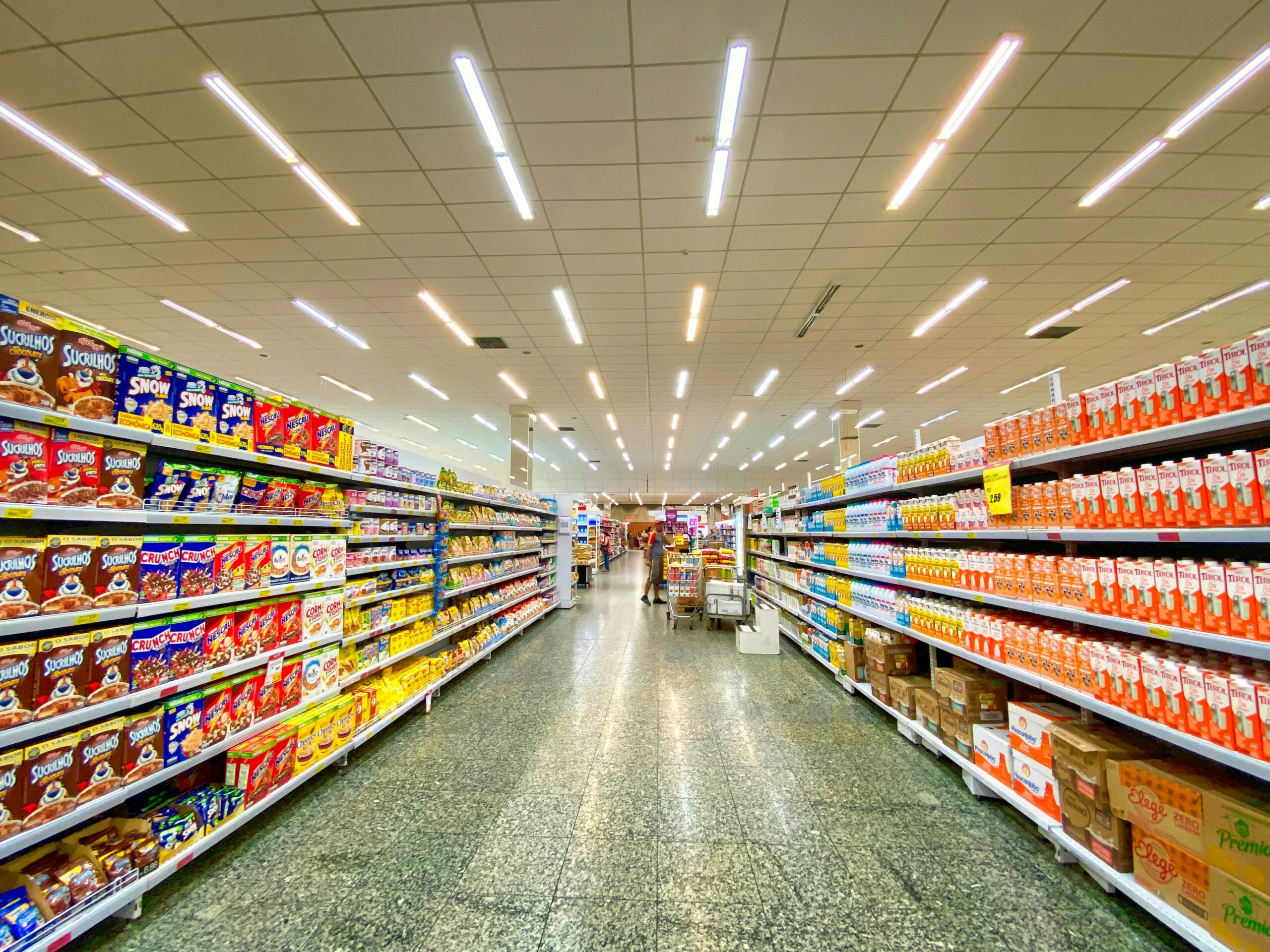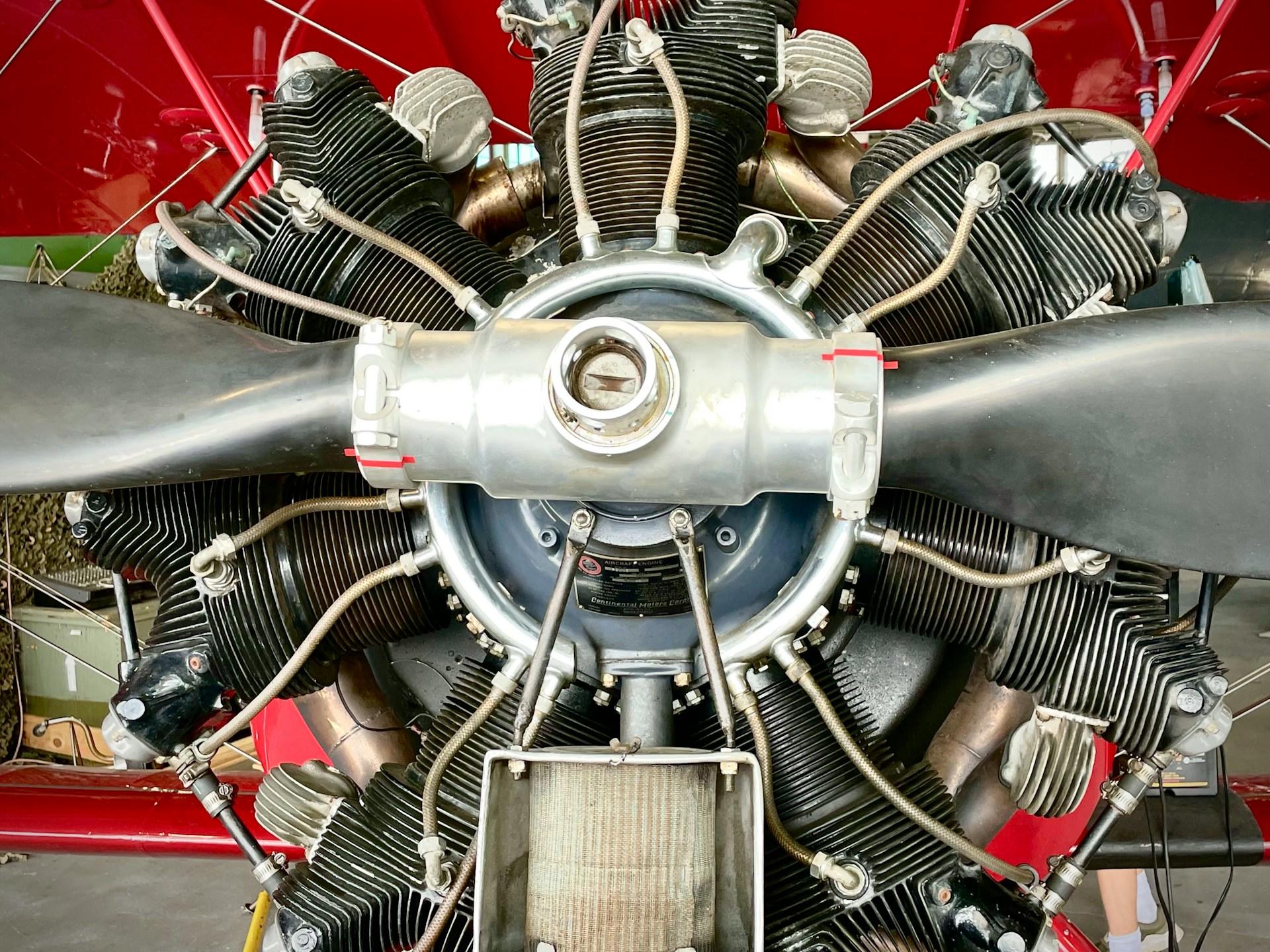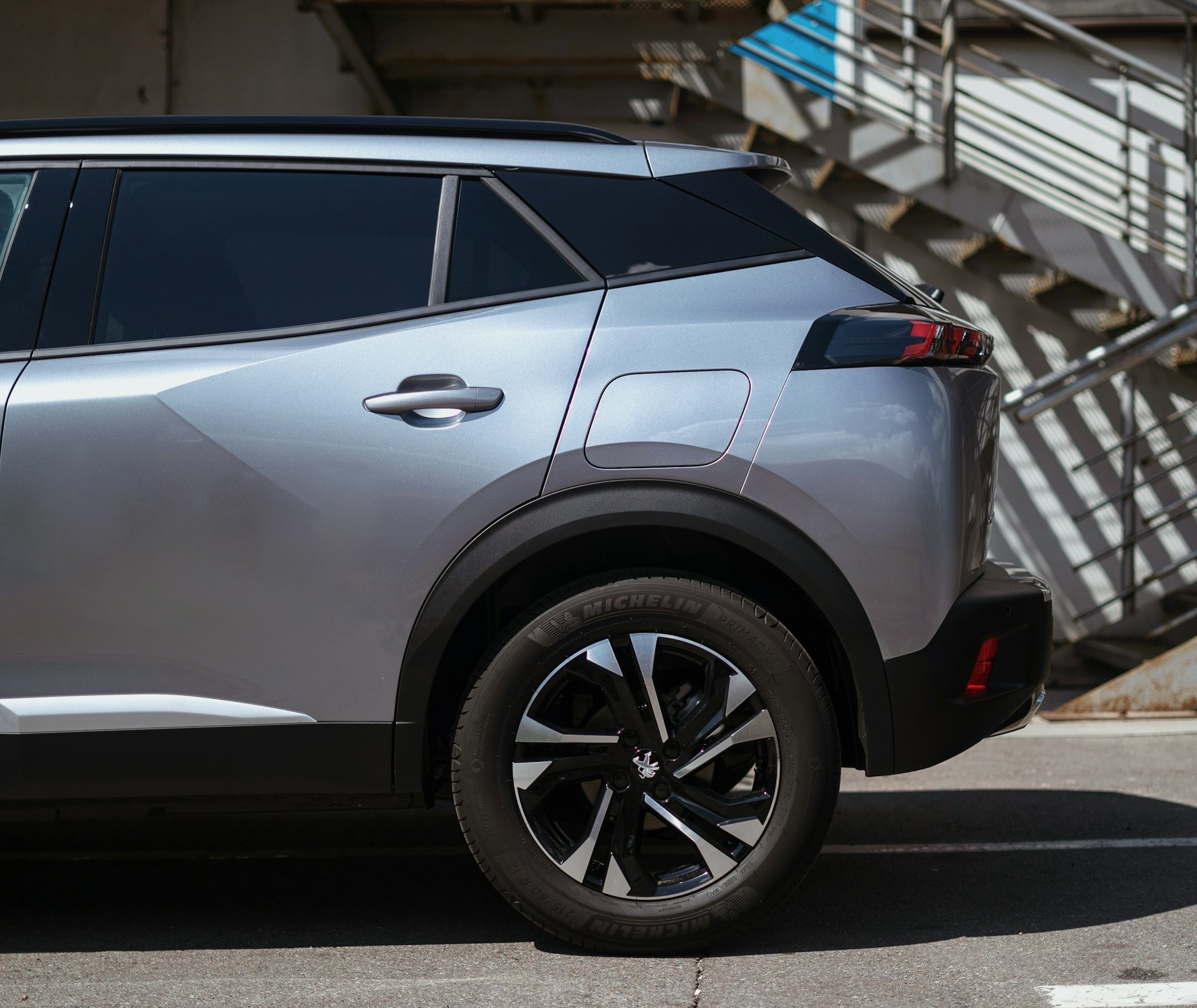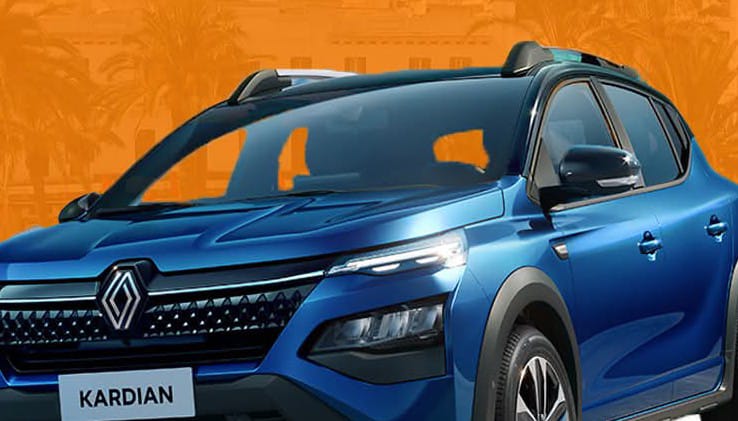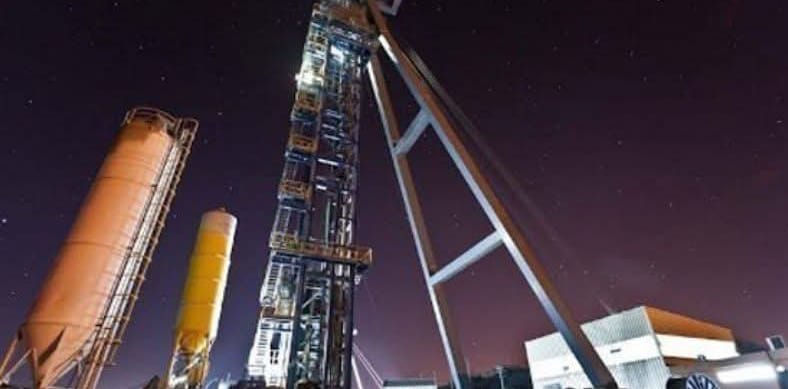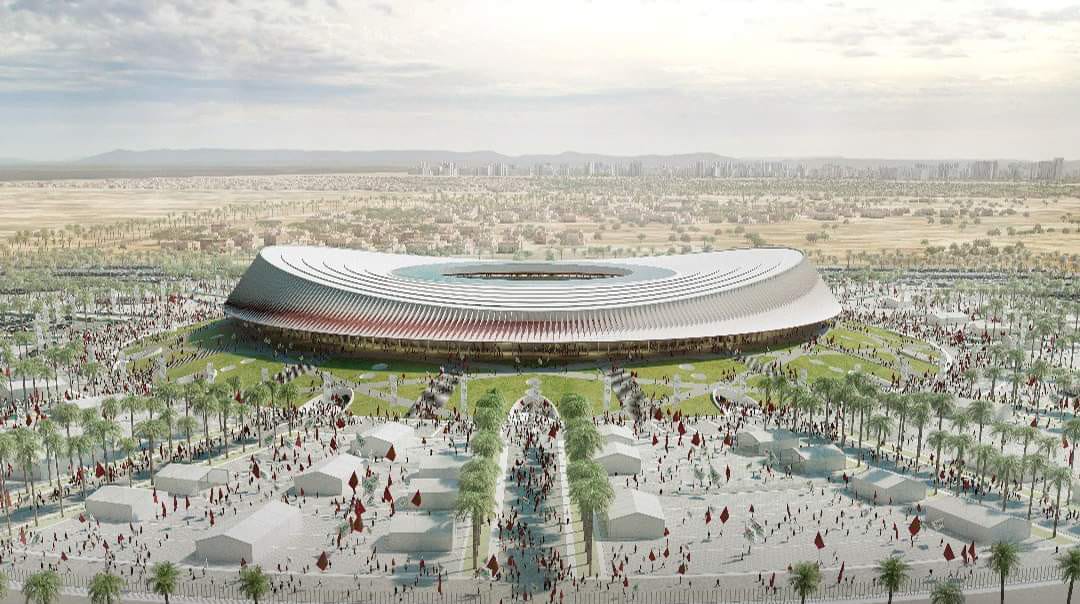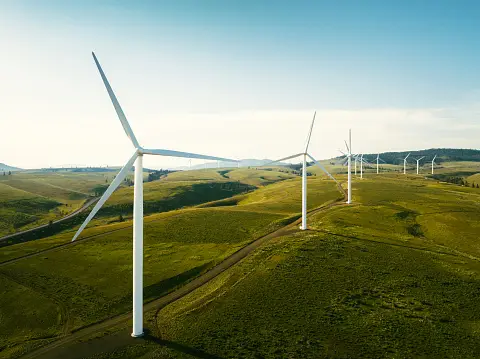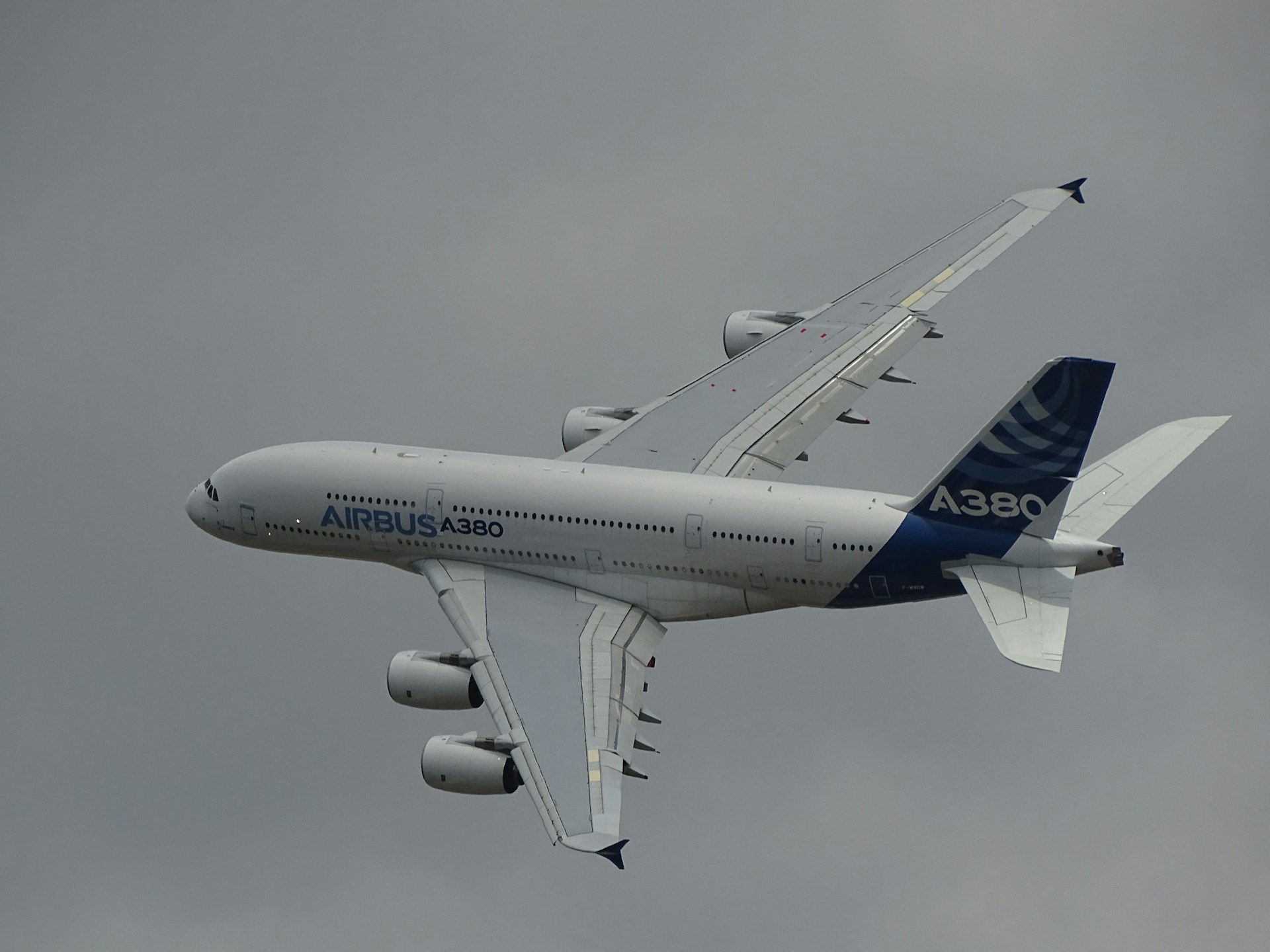Casablanca – Chinese companies are ramping up their strategic investments in Morocco, aiming to transform the North African nation into a key player in renewable energy and electric vehicle (EV) manufacturing. Leading the charge is Guoxuan High-Tech Co., which has announced plans to build a high-performance lithium battery manufacturing plant in the country.
With a total investment of $1.32 billion, Guoxuan’s project will establish a facility capable of producing 20 gigawatt-hours (GWh) of lithium batteries annually. This ambitious undertaking, set to be completed within five years, is expected to significantly boost Morocco’s capacity to produce EV components locally, catering to both domestic and international markets.
Strategic location and global vision
The choice of Morocco is no coincidence. The country’s unique geographic location at the crossroads of Europe, Africa, and the Americas makes it an ideal hub for global trade. Additionally, Morocco’s free trade agreements with the European Union (EU) and the United States, as well as its membership in the African Continental Free Trade Area (AfCFTA), offer unparalleled access to major markets.
Chinese companies are leveraging these advantages as part of their global expansion strategies. Alongside the Morocco project, Guoxuan High-Tech is investing in similar facilities in Slovakia to secure a foothold in the competitive EV battery market. These investments align with China’s broader ambition to solidify its position in renewable energy supply chains under its Belt and Road Initiative.
A growing ecosystem for automotive innovation
Morocco’s automotive sector, anchored by production facilities for Renault and Stellantis, provides a strong foundation for further expansion into EV manufacturing. The country’s skilled workforce, government incentives, and commitment to green energy have created an ecosystem that appeals to global investors.
In 2024 alone, five Chinese companies pledged investments exceeding $4 billion in Morocco’s EV battery sector. Among them is Gotion High-Tech, which is building a state-of-the-art facility slated for operation by 2026, and other major firms such as Hailiang, Shenzhen Senior Technology Material, and BTR New Material Group.
Challenges and opportunities
While the outlook is promising, potential hurdles remain. Financing, market volatility, operational complexities, and currency exchange risks could pose challenges to project timelines and profitability. Nevertheless, the Moroccan government’s proactive policies and strategic infrastructure projects, such as the Dakhla Atlantic Port, are designed to mitigate these risks.
The Dakhla port, with a budget of $1.24 billion, will connect West Africa to global markets, enhancing Morocco’s role as a trade and logistics hub. It has also become a focal point in the broader geopolitical competition between China and the United States, with both nations eyeing the port’s strategic significance for trade and influence in the region.
A green energy hub in the making
Morocco’s ambition to lead the green energy revolution aligns seamlessly with China’s drive to expand its presence in renewable energy markets. The investments in lithium battery manufacturing will not only elevate Morocco’s position in global supply chains but also support its transition to a sustainable, low-carbon economy.
As Morocco continues to attract international investors, particularly in high-tech and green industries, it is solidifying its status as a key player in the global economic landscape. For China, Morocco is more than a gateway to new markets—it is a partner in shaping the future of green technology and trade.







